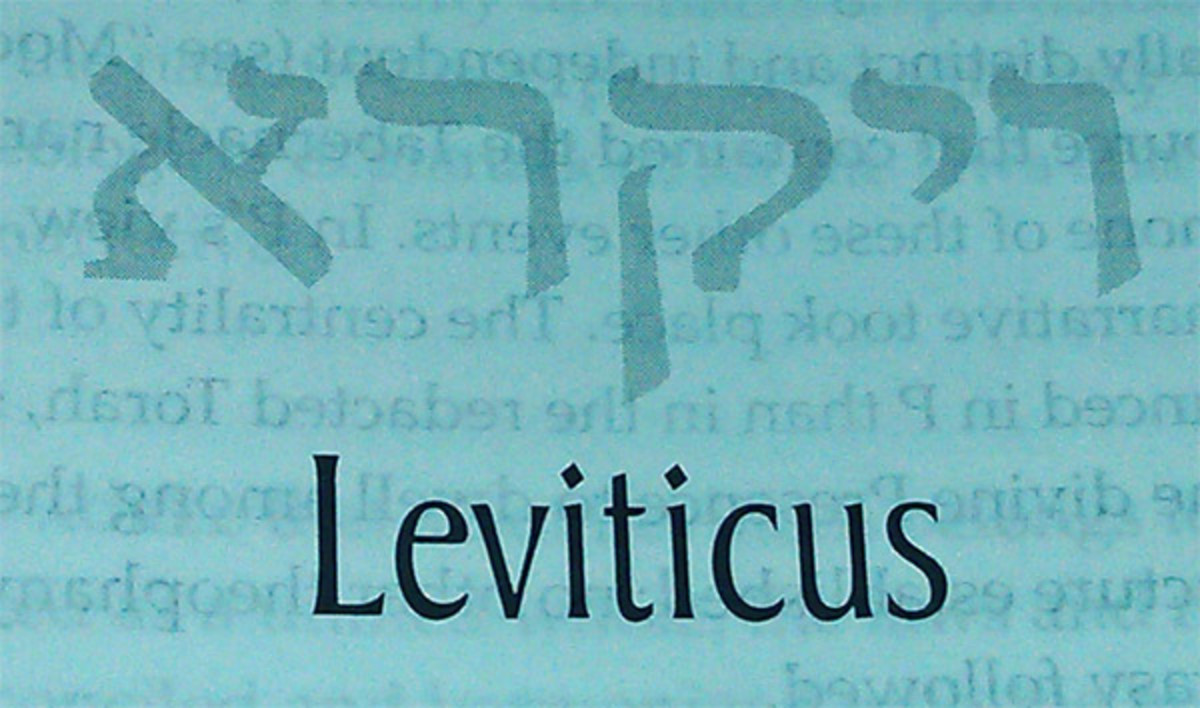Intro to Kabbalah's Corruptions
Intro
Kabbalah is the main esoteric branch of Judaism. Its main texts (the Zohar & Midrash) are accepted by mainstream Judaism as part of the "Oral Law" as a complement to the "Written Law" (The Torah - first five books of the Bible). It grew out of Judaism and has spread around the world, becoming a 'hip' faith with 'cool' concepts. Kabbalah's most important text is the aforementioned "Zohar", written by the Spaniard Jew Moses de Leon in the 13th century C.E. Where the Torah detailed laws for common life & religious ritual, Kabbalah delves into the spiritual, magical & gives so-called "hidden knowledge" on topics of the Torah.
Kabbalah is claimed to have been founded by Moses himself (the Moses at the parting of the Red Sea, while on Mount Sinai and the knowledge therein was obtained from the God of Israel and passed down the lines of generations as oral tradition. I will not dismiss the possibility (if not probability) that some of its ideas do date back to the earliest times in Israel's history. However, the majority of its concepts are relatively recent, dating to around 200 C.E. & onward. Unlike the Jewish texts known as the Mishnah & Midrash (Rabbinical debates, commentaries, thoughts & oral legends) which pulled from other & earlier Jewish sources, Kabbalah pulled the majority of its ideas from outside sources. Judaism influenced Islam, but early Islam had its hand in forming Kabbalah. However, the Islamic empire was not the only contributor; others being Rome, Greece, Egypt, Persia & Babylon, to name a few. As Christian Gnostic orthodoxy was a compiling of ideas from all over, so was Kabbalah, corrupting its now-unrecognizable foundation.
Kabbalah itself is actually a violation of earlier Jewish laws (ironic to one of my quotes {“Knowledge is known to be shown.”} as you will see). The Mishnah states that the Secret Knowledge of Judaism must be kept secret; that a knower of the secrets (a teacher) can only teach one student at a time so that no confusion or corruption occurs. But this is not what the early Kabbalists did. Rather, they told the world; publishing books & sending them all over. Publication could be understood (be in line with Talmudic law) if the works were cryptic for teachers or just sent to those teachers, but that is not what was done. The Midrash (200 C.E. to 1500 C.E.) also spoke of Secret Wisdom, however, they wrote it in such a bland manner that one needs to do extensive study to understand what they are actually talking about (ex. having read one part {already having knowledge of Judaism to a great extent at that point}, I thought I knew what it had meant, but only after years of extra study did I comprehend its true meaning).
This violation is not the issue. Rather, Kabbalah's complex & long evolution is the issue; its adoption of foreign ideas and its alteration of original concepts.
Originally published on www.NeoSocrates.wordpress.com by Daniel Kagan. (Permission given by said author to Hub here.)



